Are you a Matcha seller? Join as a Vendor
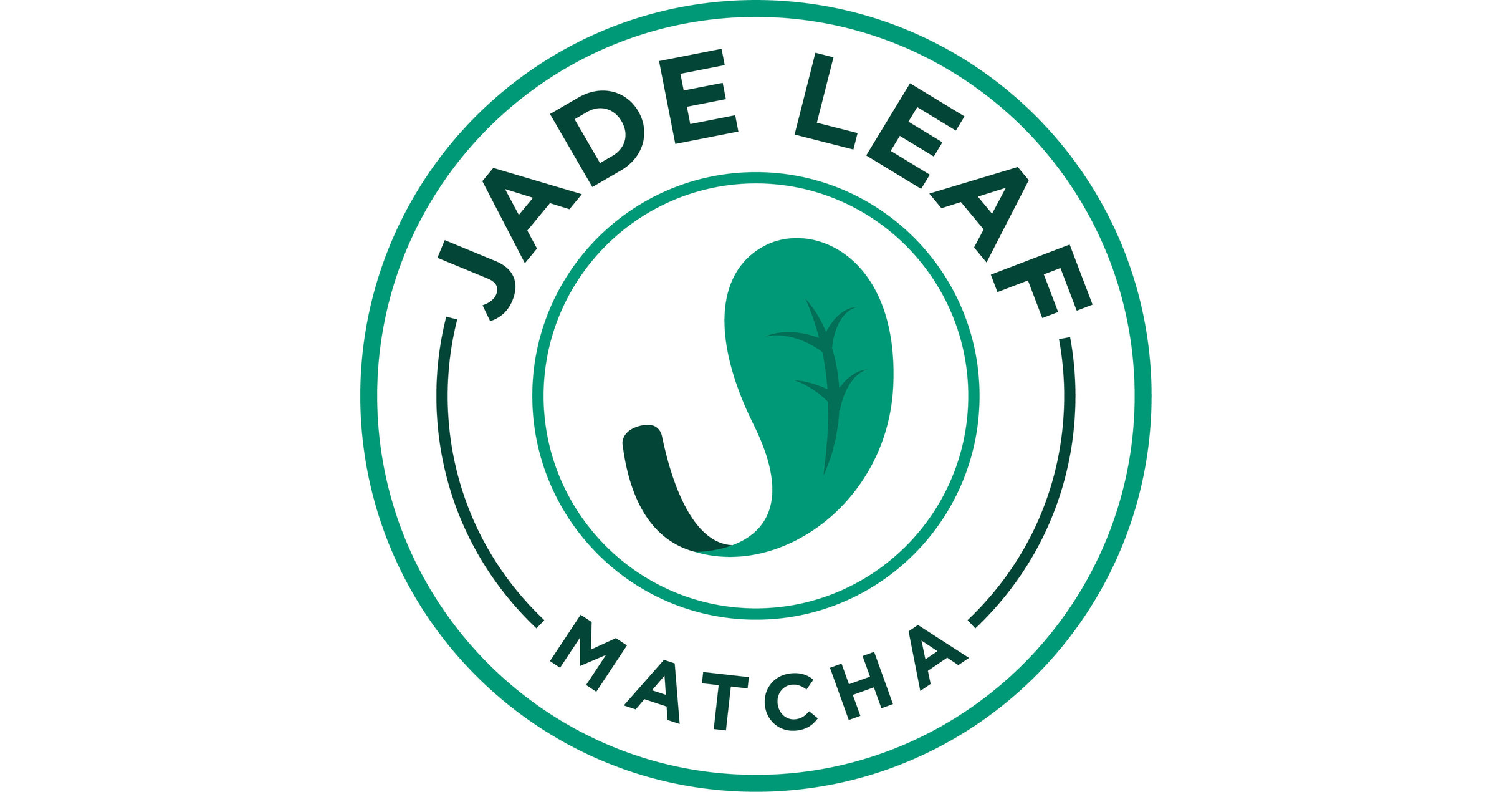
Jade Leaf Matcha emerged in 2014 with a singular mission: deliver authentic Japanese matcha to tea enthusiasts worldwide. Partnering with Japan’s historic Kizuna Tea Collective, established in 1858, the brand bridges centuries of tea-making tradition with modern organic farming practices. Every tin contains matcha grown in the renowned Uji and Kagoshima regions, where volcanic soil and misty climates create ideal conditions for exceptional green tea.
The Kizuna Tea Collective has cultivated tea for over 160 years, perfecting techniques passed down through six generations of farmers. This partnership gives Jade Leaf Matcha direct access to premium tea fields where shade-growing methods intensify chlorophyll content and amino acid levels. The result is matcha with vibrant jade-green color and rich umami flavor that reflects true Japanese terroir.
All teas are certified organic by both USDA and JAS standards, grown without synthetic pesticides or fertilizers. This commitment to pure, clean cultivation ensures each harvest maintains the delicate balance of sweetness and vegetal depth that defines quality matcha.
The brand offers a thoughtfully curated range designed for different uses and experience levels. Their ceremonial-grade matcha features the finest spring-harvested leaves, stone-ground to silky powder perfect for traditional whisked tea. Culinary-grade options provide the same organic quality at price points suited for lattes, smoothies, and baking.
Key offerings include:
Unlike brands that obscure their sourcing, Jade Leaf Matcha provides clear information about farm locations, harvest timing, and processing methods. Each product undergoes third-party testing for heavy metals and radiation, with results available to customers. This transparency builds trust within the matcha community and helps consumers make informed purchasing decisions.
The brand’s direct relationships with Japanese farmers eliminate middlemen, ensuring fair compensation for growers while keeping prices accessible. This farm-to-cup approach maintains quality control at every stage, from shaded leaf cultivation to final packaging in airtight tins that preserve freshness.
Jade Leaf Matcha offers two distinct product grades, each crafted for specific uses and flavor profiles. Their product line showcases the diversity of authentic Japanese matcha through carefully selected cultivars and traditional processing methods.
Ceremonial Grade Matcha represents Jade Leaf’s premium offering, crafted from first harvest leaves to deliver an exceptionally smooth flavor profile. This grade features light, nutty notes with floral sweetness, designed specifically for traditional chanoyu (tea ceremony) where the pure, unadulterated taste of matcha takes center stage. The ceremonial grade has earned recognition, being included on the Best Matcha on Amazon 2024 list.
Culinary Grade Matcha offers a bolder, more robust flavor profile made from second harvest leaves. This grade delivers distinctive earthy and umami notes that make it ideal for lattes, smoothies, and baked goods where its character can shine through without being overpowered by other ingredients.
Jade Leaf distinguishes itself through rigorous quality control processes, ensuring each grade meets specific standards for color, aroma, and taste. Independent third-party laboratories conduct comprehensive testing for heavy metals including lead, arsenic, cadmium, and mercury, along with pesticide and radiation screening. While specific test results aren’t always displayed on their website, they are available upon request, demonstrating the company’s commitment to transparency.
The brand sources specific Japanese cultivars known for their unique flavor profiles. Okumidori cultivar provides vibrant green color with delicate sweetness, while Samidori offers rich umami characteristics. Yabukita delivers a balanced profile of sweetness and astringency, and Kanayamidori is prized for its bright aroma and smooth texture.
Jade Leaf Matcha represents the culmination of over 160 years of Japanese tea cultivation expertise. The brand emerged from the Kizuna Tea Collective, a thriving network of family-run tea farms across Japan’s premiere growing regions that have been cultivating high-quality matcha and supplying Japan’s domestic market since 1858.
Headquartered in Kyoto, the historic heart of Japanese tea culture, the Kizuna Tea Collective made a pivotal decision in 2014 to venture beyond Japan’s borders. They opened their first outpost in the United States, launching the Jade Leaf brand with a clear mission: to democratize access to high-quality, organic matcha at fair prices.
The transition from serving Japan’s domestic market to entering the competitive U.S. matcha landscape presented considerable challenges. The collective had to navigate complex international trade regulations, build trust with American consumers unfamiliar with authentic Japanese matcha, and maintain product integrity across continents. What set them apart was their unwavering commitment to transparency and direct farmer relationships.
Jade Leaf sources its matcha from two of Japan’s most revered tea-growing regions: Uji and Kagoshima. Uji, recognized as the birthplace of Japanese tea culture, provides the perfect combination of fertile soil, misty climate, and centuries of accumulated tea cultivation expertise. Here, the collective cultivates premium varieties including Okumidori, celebrated for its vibrant green hue and delicate sweetness, and Samidori, prized for its rich umami characteristics.
The volcanic soils of Kagoshima, with their warm climate conditions, produce robust and flavorful matcha from cultivars like Yabukita, offering a balanced profile of sweetness and astringency, and Kanayamidori, known for its bright aroma and smooth texture.
The brand distinguishes itself through rigorous quality control measures, conducting comprehensive testing for heavy metals, pesticides, and radiation through independent third-party laboratories. Their commitment extends beyond product quality to environmental responsibility, utilizing eco-friendly packaging with recyclable materials and supporting sustainable farming practices among their partner farms.
The Kizuna Tea Collective, a network of family-run tea farms across Japan’s premiere growing regions, begins cultivating high-quality matcha primarily for Japan’s domestic market. These generational farms establish the foundation of expertise that would later support Jade Leaf Matcha’s quality standards.
Headquartered in Kyoto, the Kizuna Tea Collective opens its first U.S. outpost and launches the Jade Leaf brand. This expansion represents a mission to democratize access to high-quality, organic matcha at fair prices, challenging inflated prices and inconsistent quality in the American market through transparency and direct farmer relationships.
Find below some answers to the most common questions about Jade Leaf Matcha.
Jade Leaf’s ceremonial grade is crafted from first harvest leaves and offers an exceptionally smooth flavor profile with light, nutty notes and floral sweetness. It’s designed for traditional tea ceremonies where pure matcha taste is paramount.
Their culinary grade uses second harvest leaves and delivers a bolder, more robust flavor with earthy and umami notes. This makes it ideal for lattes, smoothies, and baked goods where its distinctive character can shine through without being overpowered.
Jade Leaf sources distinct cultivars from each region:
These carefully selected cultivars from distinct terroirs contribute to Jade Leaf’s unique flavor profiles.
The Kizuna Tea Collective has been cultivating premium matcha since 1858, primarily for Japan’s domestic market. When they launched Jade Leaf in the U.S. in 2014, their mission was to democratize access to high-quality, organic matcha at fair prices.
This legacy means Jade Leaf benefits from generations of tea cultivation expertise while maintaining direct farmer relationships and transparency that sets them apart in the modern matcha market.
Jade Leaf employs both methods depending on the grade. Hand-picking offers precision for selecting only the finest leaves, particularly for their premium grades, while machine-picking enables efficiency and reduced labor costs.
Regardless of method, the focus remains on harvesting the youngest, most tender leaves that are rich in chlorophyll and L-theanine.
Jade Leaf conducts rigorous testing through independent, third-party laboratories for:
While specific test results aren’t always readily available on their website, they are available upon request, demonstrating their commitment to transparency and product safety.
There are no results matching your search
Click below to see the profile of a matcha brands similar to Jade Leaf Matcha.
No results available
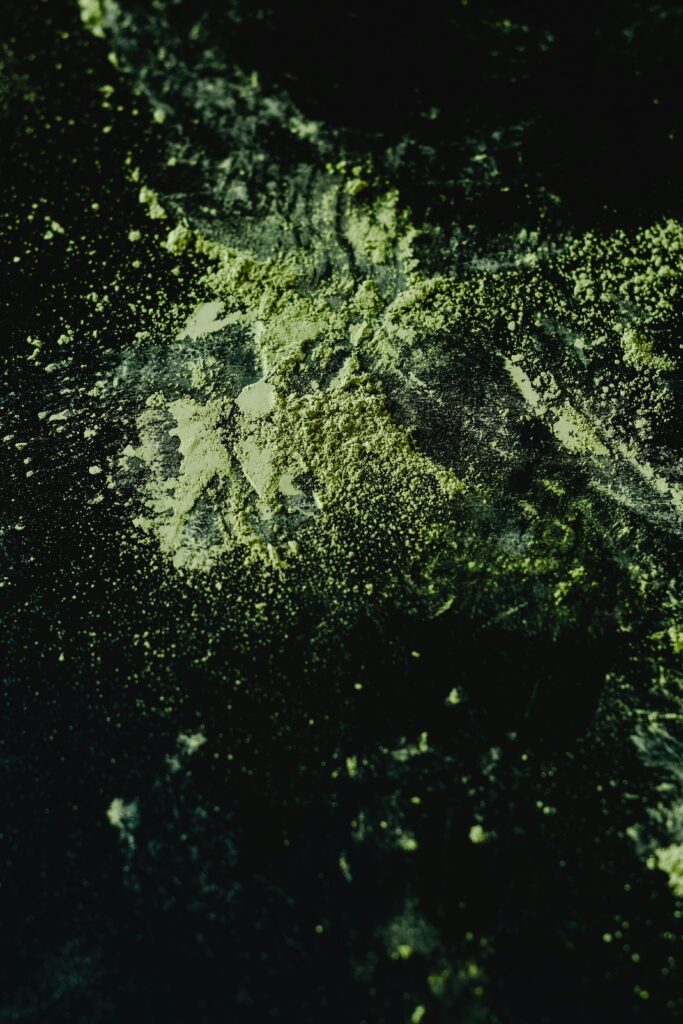
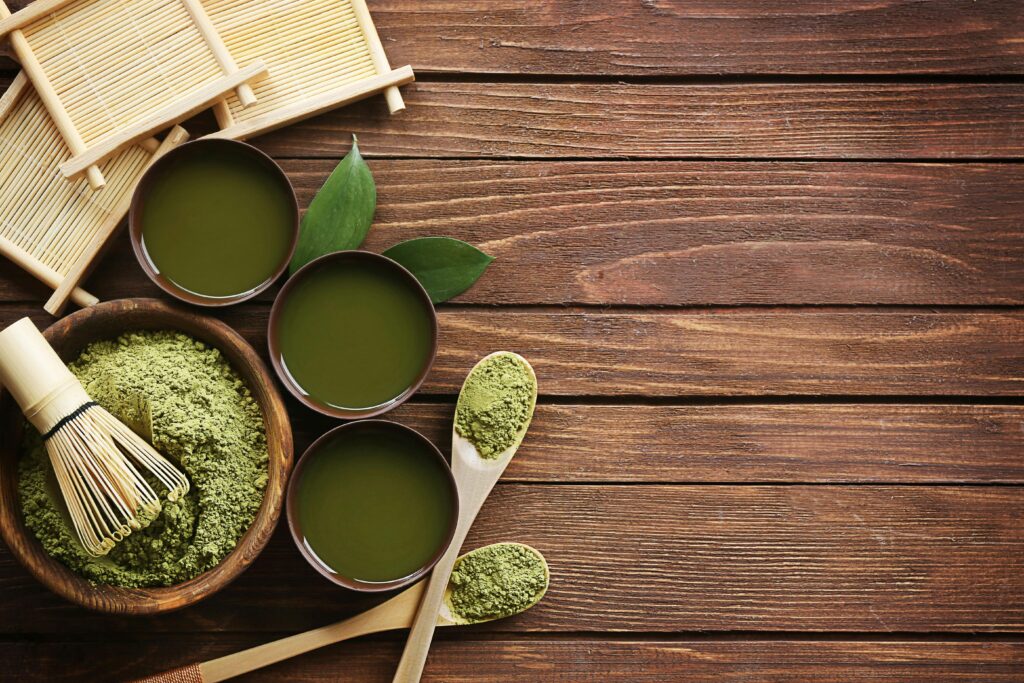
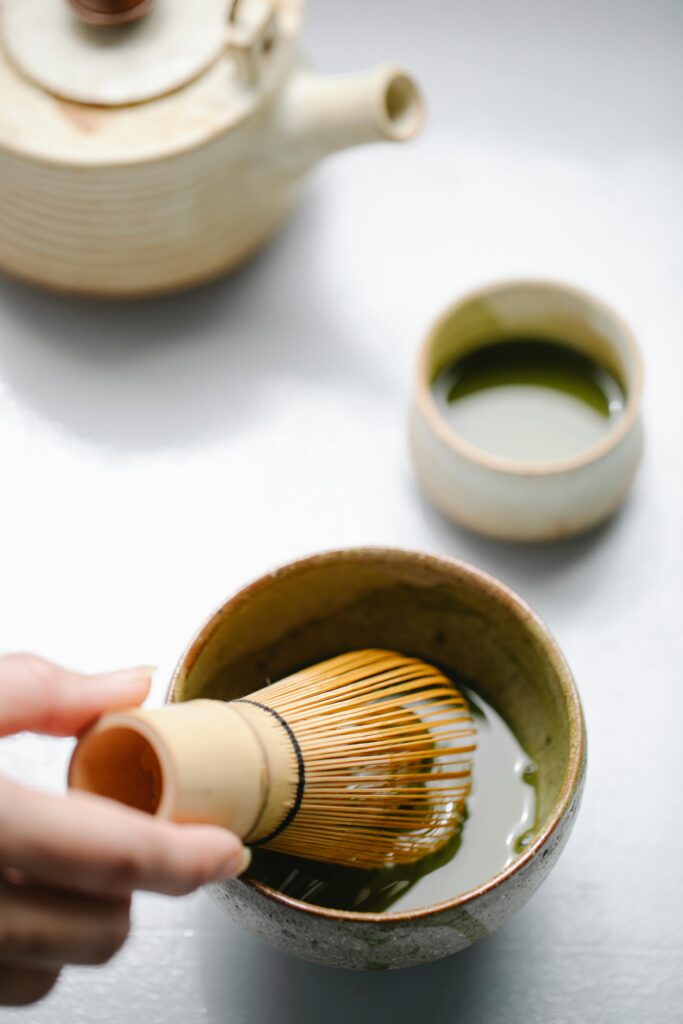
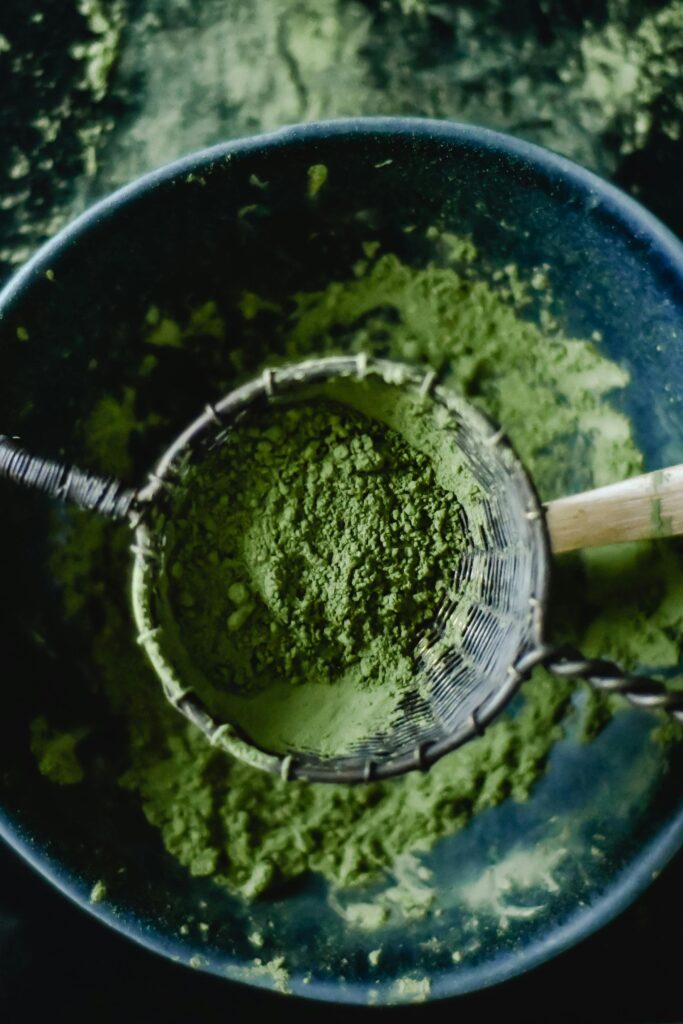
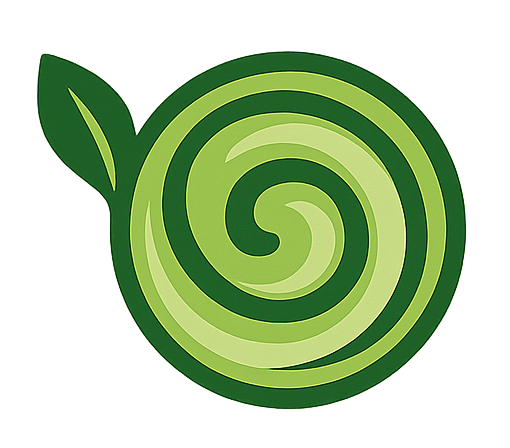
Join our mailing list to receive updates and exclusive tips.
There are no results matching your search